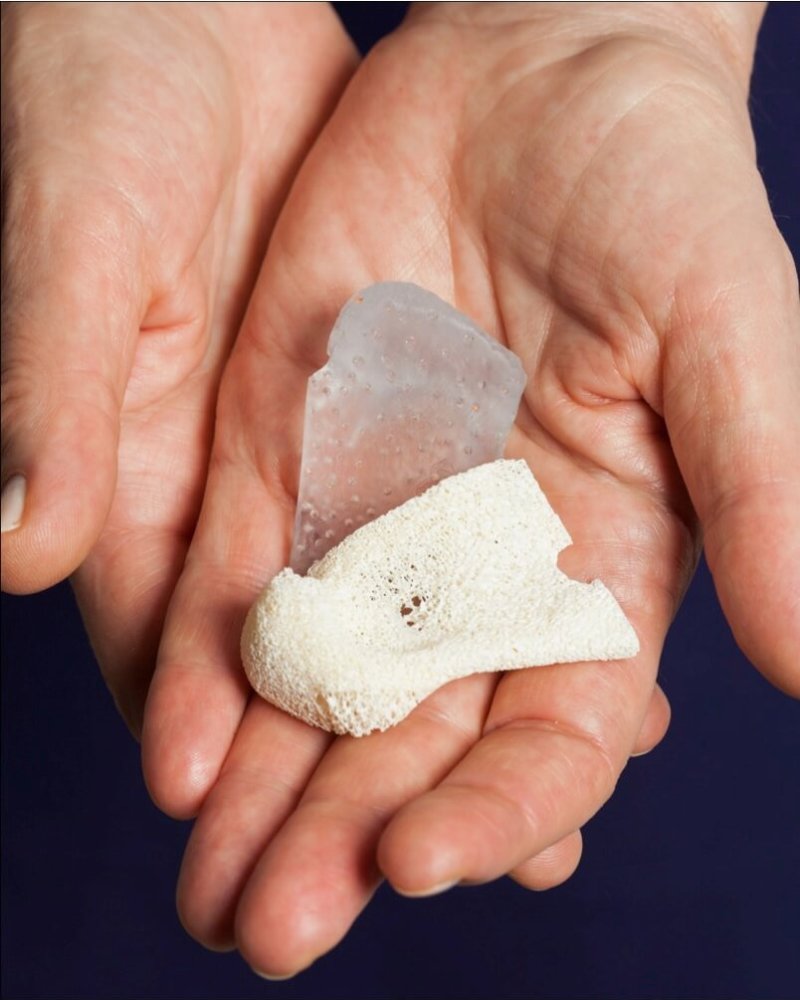…
[W]e’re learning how to fix and rebuild our own bodies using, well, our own bodies. Some examples include CAR-T therapies, which fight cancer using a patient’s own cells; regenerative medicine, which uses stem cells to repair body parts or make new ones; and microbiome analyses, which use our gut bacteria to fashion personalized dietary treatments.Tandon’s expertise, though, is in personalized bones.
…
Here are some details of their method.
First, patients undergo a CT scan to determine the size and shape of the bone they need. Stem cells are extracted from the adipose (fatty) tissue in the abdomen. A scaffold model of the bone is created, as is a custom bioreactor to grow the bone in.
…
When they’re ready, the stem cells are infused into the bone scaffold, and a personalized bone graft grows in the bioreactor in just three weeks. When the new bone is implanted into the patient’s body, the surrounding tissue seamlessly integrates with it.
…
Epibone is hoping to start human clinical trials next year.
Read full, original post: Custom-Grown Bones, and Other Wild Advances in Regenerative Medicine































